My Problem With “Pro-Metabolic”
Pro Metabolic eating…
The latest diet- culture trend? Or can it become a sustainable lifestyle change?
In the summer of 2019, I was newly married and on my honeymoon when I first experienced any cystic acne. I had just traveled over 20 hours to Indonesia, on the tail end of 9 months of wedding planning, all the while working full-time as a nurse in the emergency room. I wrote it off as stress and within a few days, it subsided.
Over the next few months though I began struggling with cystic acne more often, until it got to the point where my jaw and chin were covered with deep, painful blemishes. I was struggling with anxiety, poor sleep, amenorrhea, and weight fluctuations and I knew that my “go, go, go” lifestyle was catching up to me.
Around that time I randomly stumbled upon Jessica Ash’s instagram (@jessicaashwellness). I vividly remember thinking that I should unfollow her account because everything she posted was so contradictory to what I previously knew. But I never hit the unfollow button, and instead I dove into the content on her instagram. Balancing blood sugar, restoring hormones, minimizing stress, nourishment, bioavailability… Her content was filled with education on truly nourishing your body.
And the more I thought about it, it just made sense. My initial gut reaction was to shut it out because it was counter to the mindset I had had for years around food and nourishment. I had to actively choose to unlearn what I had previously thought I knew.
It was the first time I noticed my mindset shift from “how many calories something had” to “how many nutrients does this give my body”. I dipped my toes in and started being mindful of eating more balanced meals, eating more frequently, prioritizing protein, and moderating my caffeine intake. I started tracking my temperature in the morning and monitoring my pulse. I began listening to all the symptoms my body was more or less screaming at me, instead of just trying to cover them up with more caffeine and another workout.
I began sleeping better, my skin cleared up, I felt energized. I felt more resilient to stress and had more regulation of my emotions. And, after months of not having a menstrual cycle, I got pregnant. For the first time in years, I felt like my body was working and doing what is was supposed to do. Unlearning what I used to know about health and nutrition, changed my life for the better.
And it ultimately is what encouraged me to start this blog and my health coaching programs- to help women learn how to holistically nourish their bodies so that they can achieve true wellness.
So, what’s the problem?
I am a part of several different communities and Facebook groups that are centered around this idea of “pro-metabolic” eating and nutrition, and one of the main reasons I still have an instagram is to follow the countless accounts that educate on this topic. And over the last year I have noticed a recurring trend- rather than striving for food freedom and less restrictive eating, people are searching for more and more “rules” surrounding what they eat. And frankly, I am beginning to see many people head into the realm of orthorexia.
Orthorexia is disordered eating with the goal of “being healthy”.
Always being stressed about eating is contradictory to the whole goal of eating- nourishing your body. Stress, both acute and chronic, deplete your body of nutrients and minerals.
Signs of Orthorexia
According to the Walden Center for Eating Disorders, some warning signs for orthorexia include fixating over the quality of food you eat (yes, quality of food is important, but there is a difference between being mindful of and obsessing over), inflexible eating rules, classifying foods as “good” or “bad”, and isn’t necessarily motivated by appearance or weight loss but to be “healthy”.
Again, striving for health and wellness is not a bad thing. Neither is prioritizing healthy eating and nourishing your body. But I think it is important for people adopting any lifestyle change to ask themselves - is this becoming obsessive? Am I focusing on my life outside of food, nutrition, and wellness? Am I valuing my personal worth, or the worth of others, according to the foods they eat/ exercise routines, etc.?
If any of this is hitting a nerve or your feel you may fall into this category and want to speak with someone, the National Eating Disorder Association has a lot of different contact options to provide you help and support.
I think we have been so conditioned in modern society to always view food through a lens of restriction and non-stop dieting. Even if you look at our society historically, you can categorize each decade with a new “diet trend”: low-fat, Atkins, low carb, keto, etc.
There are so many educators, coaches, and influencers in the pro-metabolic space that do a phenomenal job of reminding their followers that it is not about restriction, but freedom. And I truly hope that the traction I have been seeing surrounding metabolic eating continues to grow. But I think we all have to be mindful of the slippery slope that can turn metabolic eating into another diet culture trend, or a pattern of disordered eating.
“One Size Fits All” Mentality
Another problem that I have noticed is people thinking we all have the exact same solution to our health problems. Yes, there are some tried and true things that will largely benefit most people.
But ultimately, there is such nuance to your own personal health journey (aka bio-individuality).
For example, I was on hormonal birth control for years. Birth control pills are known to deplete a woman’s body of specific nutrients so for me, replenishing those nutrients was very important in my healing journey. Now for someone who never took hormonal birth control, they may not have those same nutrient deficiencies.
This is why it is crucial for each person to tune inward and evaluate their own personal symptoms, health history, and health goals. When working with clients this is a huge piece of the puzzle in creating a personalized approach for them specifically.
We talk about their specific health struggles and concerns and work together to come up with a plan for them.
Information Overload
Something else that I have noticed becoming problematic in the pro-metabolic community is an overwhelm from information overload. It is an incredible blessing to live in a time when information is accessible at our fingertips and we can have an answer to all of our questions within minutes.
But with that access can oftentimes come analysis paralysis. You are left to discern alllll of the information on your own and try to figure out what you personally need to focus on.
I remember when I began trying to heal and balance my hormones I was so overwhelmed that for a couple of months I really didn’t make any changes because I just had no idea where I needed to start and what would work for me.
This is also the reason I have intentionally chosen to sign off of instagram for the foreseeable future- to quiet the noise and tune inward, focus on my own personal health and that of my clients, and have more focus for what is in front of me.
When we talk about minimizing stress on our bodies, I think we often overlook the stress all this information, the constant swiping, and comparison has on our mental and emotional health.
Pro- Metabolic Done Well
Now with all of that out of the way… I think this lifestyle approach can be incredibly healing and beneficial when done correctly! Our bodies need fuel and to feel safe. Here are some of my tips to nourishing your body holistically:
Maybe one of the most profound effects from adopting a pro-metabolic lifestyle came in the form of my fertility. I went from being diagnosed with pcos and not having cycles for months on end, to having two healthy pregnancies and enjoying balanced, healthy hormones and symptom-free cycles.
pay more attention to your own health and body and what is working for you than what other people are doing. While it is amazing to be inspired and gathering information from others, it is a fine line to becoming a comparison game!
I love recommending journaling to my clients! It is a great way to keep track of your symptoms and monitor how certain foods, habits, or exercise makes you feel! It is not a forever thing, but it can be an incredibly helpful tool when starting out and help to give you a good overall look at where your health is currently.
Make sure your life is balanced and not only about “perfecting” your health. It is truly all about balance. The goal of pursuing health should be to fully enjoy your life with vibrancy and energy and wellness! When the majority of our life is based around health, we give our body the strength to have resiliency. That means that yes, the majority of the time we can prioritize nutrient-density, high quality protein, nourishing our bodies with whole foods and minimizing stress… but that doesn’t mean we can’t enjoy eating out on occasion or having dessert or whatever else may not be the “healthiest” option guilt free!
If you feel like you are entering into the “obsessive” space, consider taking a bit of a step back. Oftentimes people are so afraid of all of their symptoms coming right back, but truthfully, sometimes the stress relief of taking a breather is what your body actually needs to heal.
Remember, more information is not always better. I remember when I was really struggling with my health I researched all the time. I took in as much information as I possibly could and instead of it motivating me to make changes, it actually gave me a bit of “analysis paralysis”. I was so overwhelmed that I didn’t know where to start!
I am a firm believer that oftentimes, the most impactful things we can do for our health are the simplest- eating more whole foods, getting sunlight, managing stress, sleeping well, and having uplifting and meaningful relationships. I have a full blog post here on 20 free things you can do to support your health holistically and I think it is a great place to start.
If you find yourself here, this is also where working with a health coach can be helpful. As a registered nurse and health coach, I am trained to look at your comprehensive health history, current symptoms, and how you are intrinsically motivated to help you find a plan of action that will work best for you!
Final Thoughts
If I had to describe my eating style and how I coach my clients, it would definitely fall into the sphere of “pro-metabolic” eating with an emphasis on nutrient-density, ancestral foods, and nourishing our bodies holistically.
When you think about it, it just makes sense-
nourishing our bodies with simple foods that have been honored and prioritized for centuries,
building resiliency to stress through bio-available nutrients
and supporting our physiology so that we can thrive
I think that when consuming information online we have to be cautious of taking it all as truth and instead taking a step back to determine what works best for you.
If you need help implementing healthy lifestyle options, managing stress, or need some accountability to actually achieve your goals, check out my coaching page.
I would love to chat with you!
-Kaelyn
Some related reads you might enjoy:


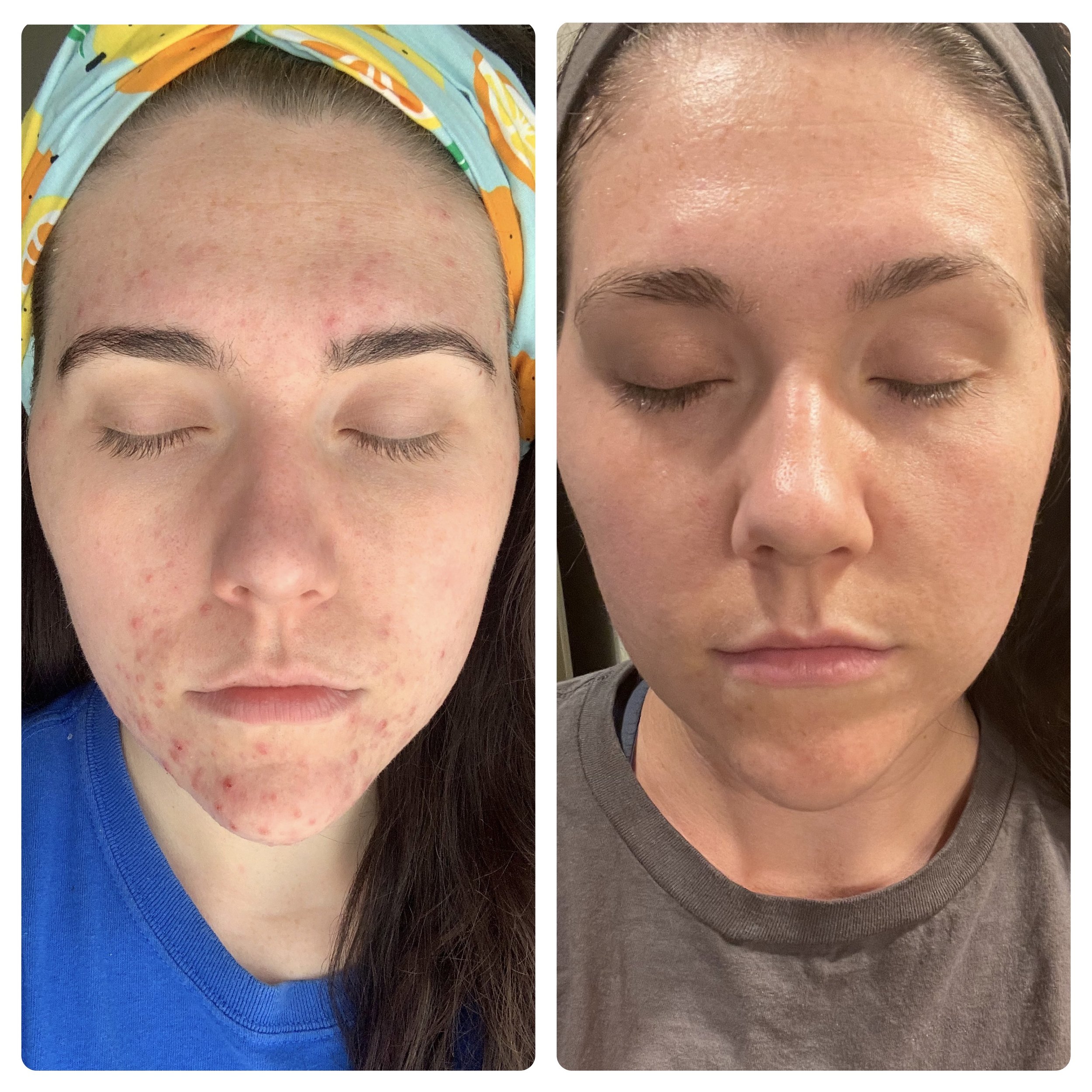



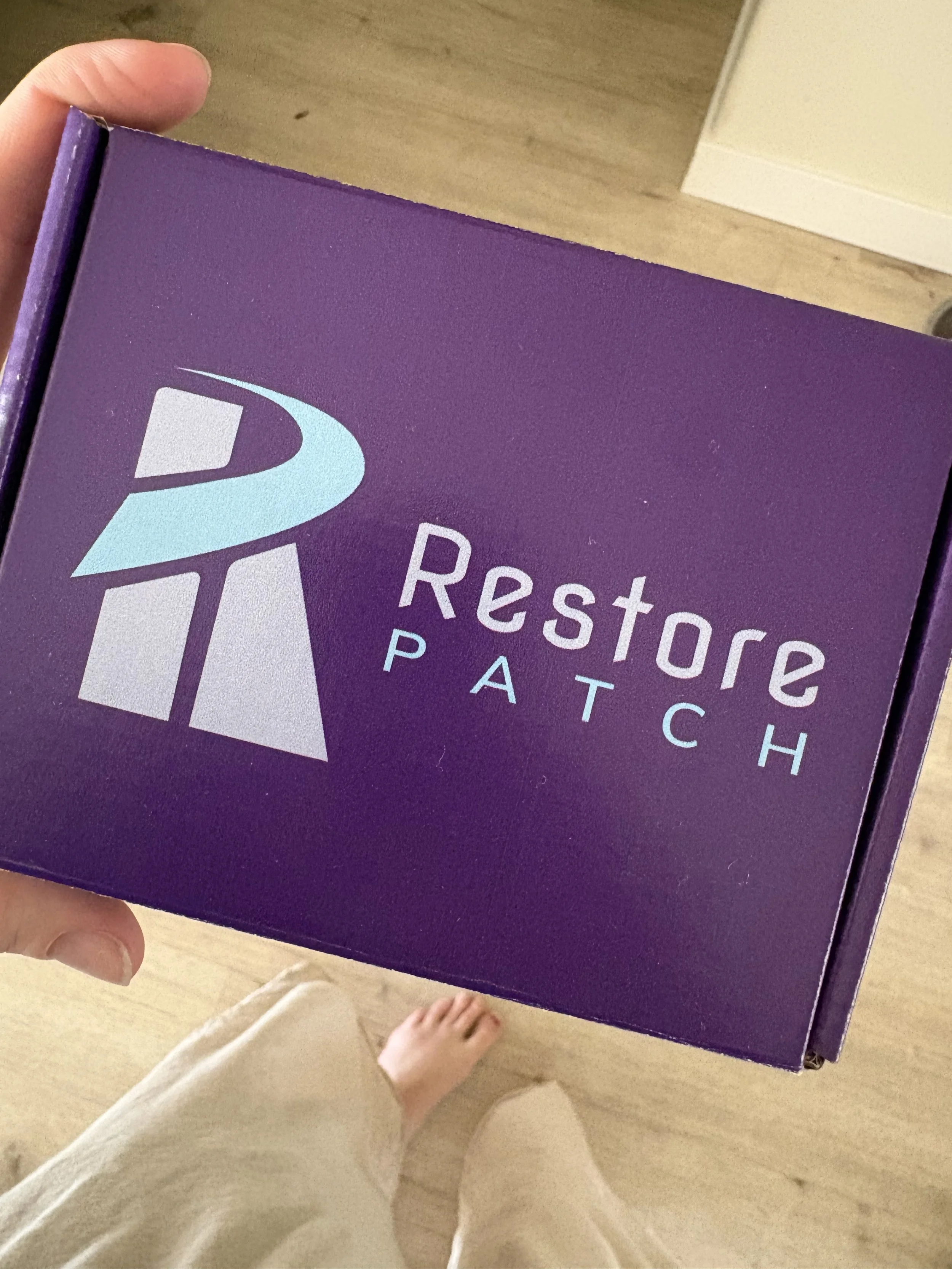
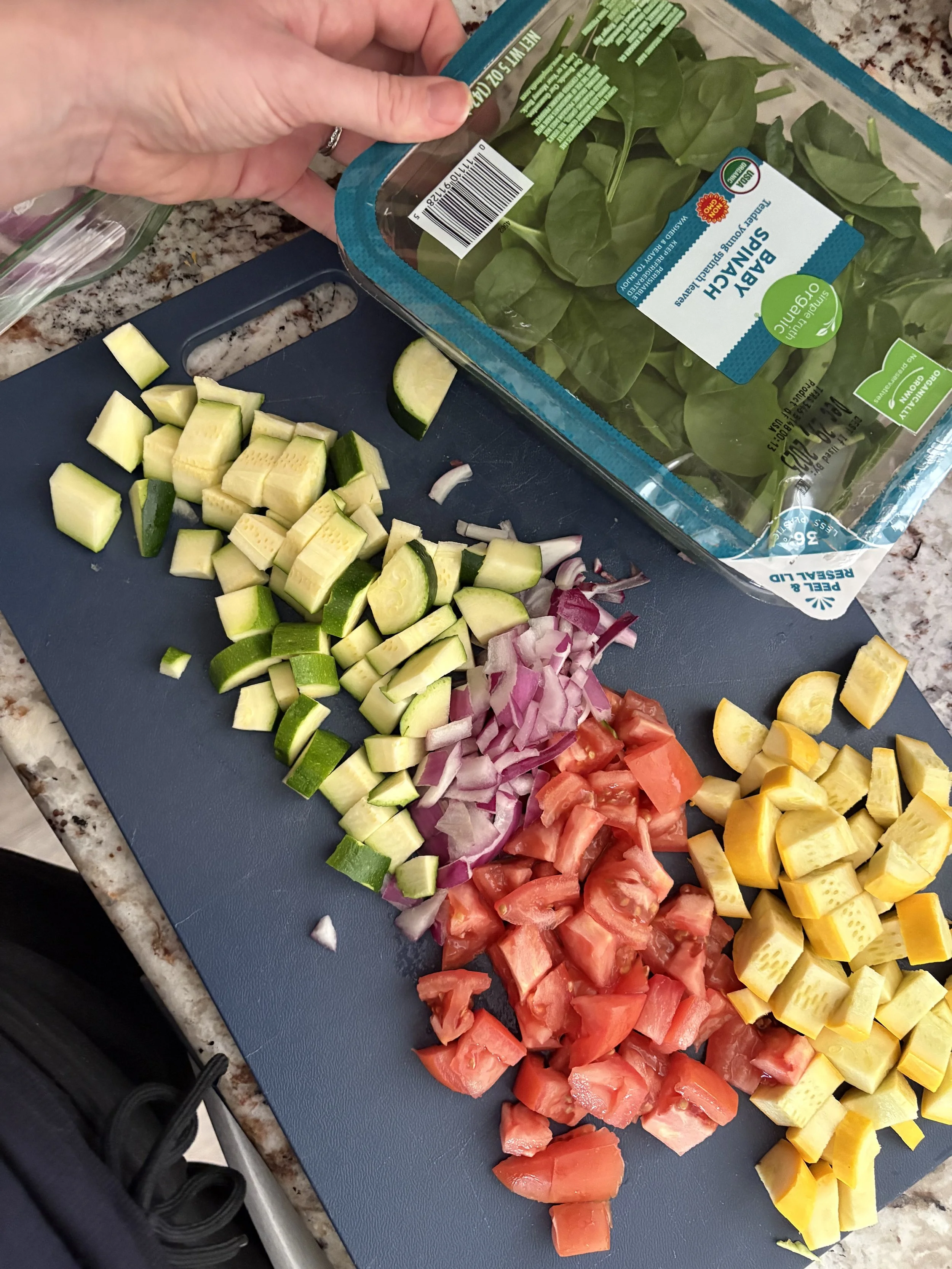
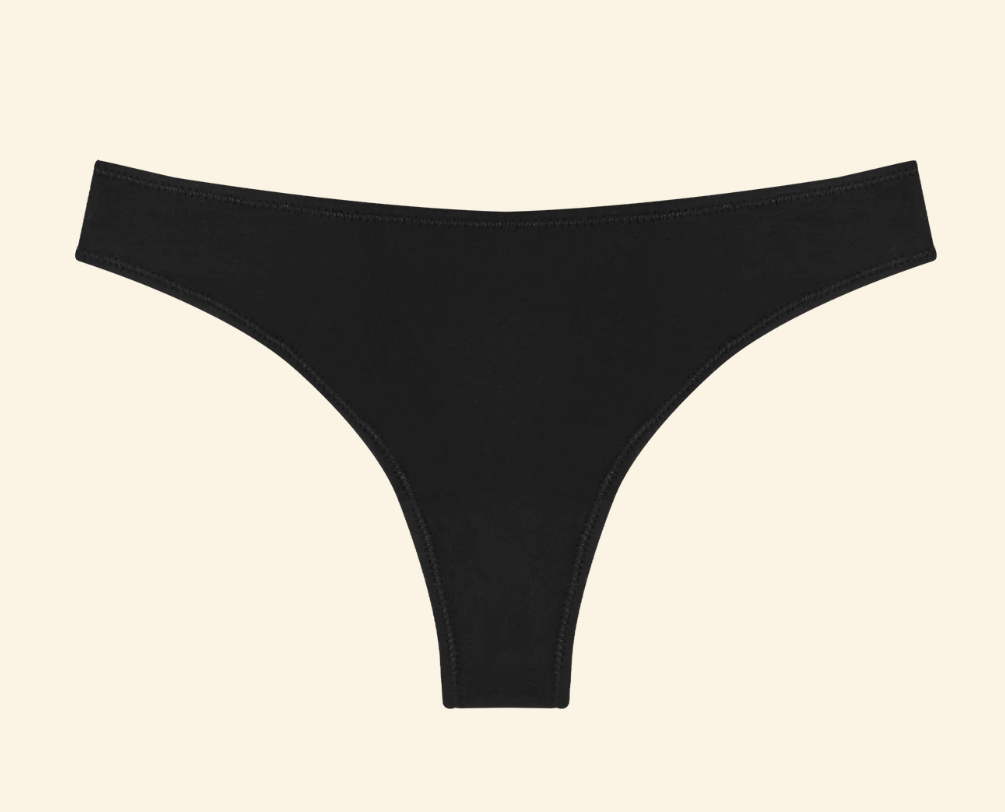
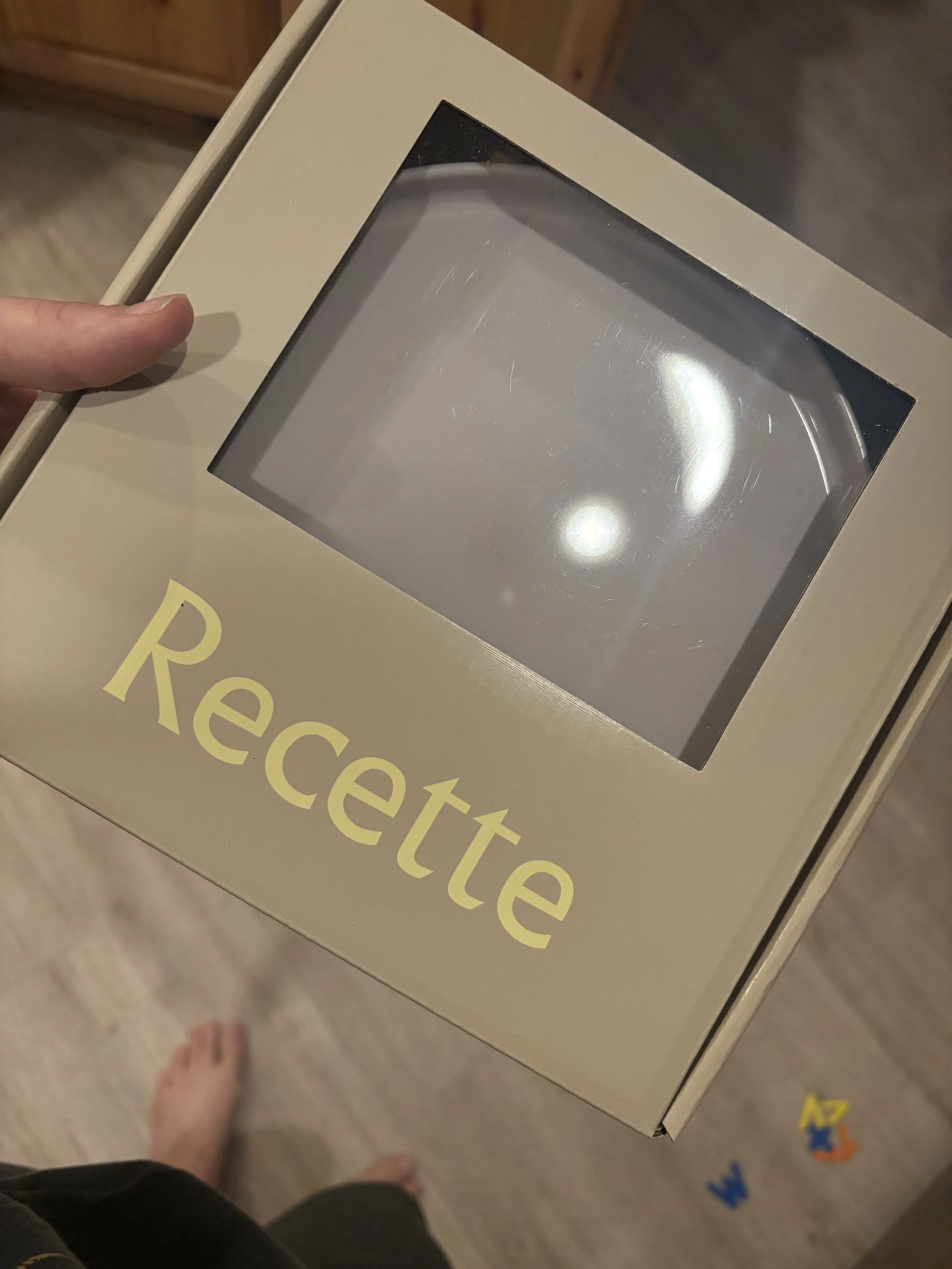


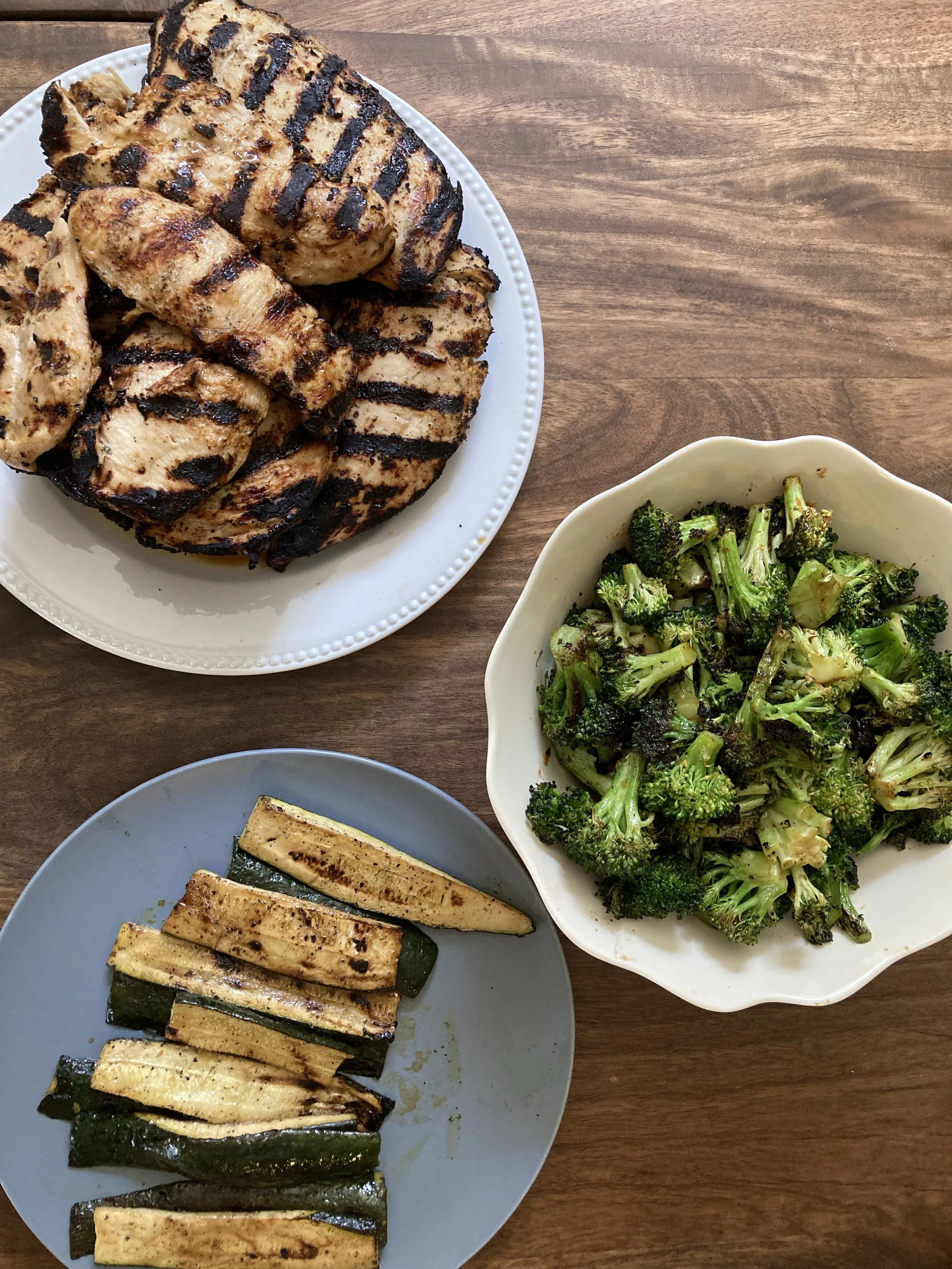



What is self-care actually?? This post explores what actually supports our wellness.. and all ideas shared take 5 minutes or less 👏